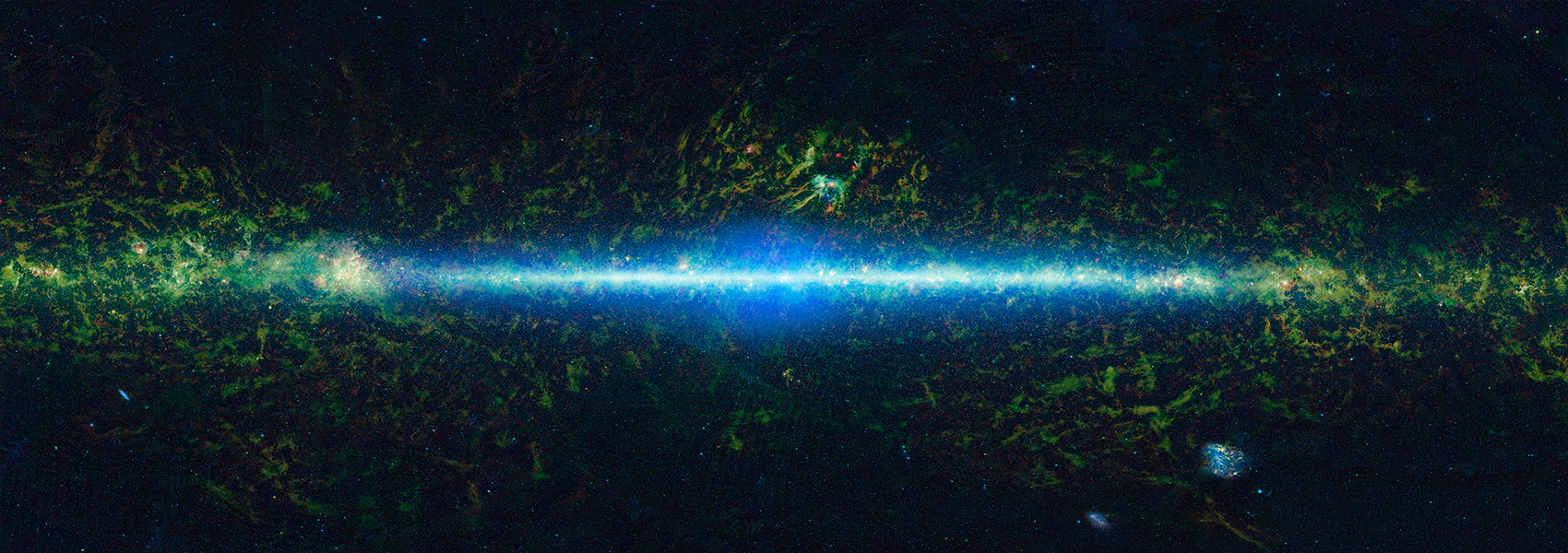
Decadal Survey 2020 - Concept Study Reports
IPAC scientists are contributing to several concept study reports of various missions for the 2020s.
Large UV Optical Infrared Surveyor (LUVOIR)
(Contributing IPAC scientists: H. Teplitz, J. Lee)
LUVOIR's key science goal is to characterize a wide range of exoplanets, including those that might be habitable. An additional goal is to enable a broad range of astrophysics, from the reionization epoch, through galaxy formation and evolution, to star and planet formation. Powerful imaging and spectroscopy observations of Solar System bodies would also be possible.
Origins Space Telescope (OST)
(Contributing IPAC scientists: L. Armus, S. Carey, G. Helou, D. Ciardi, T. Meshkat, P. Appleton, R. R. Chary)
The OST will trace the history of our origins from the time dust and heavy elements permanently altered the cosmic landscape to present-day life. It will investigate a variety of questions such as how galaxies evolve from early times to today, how habitable planets form, and how common life-bearing worlds are.
Habitable Exoplanet Imaging Mission (HabEx)
(Contributing IPAC scientists: T. Meshkat, P. Morris, H. Teplitz, D. Gelino)
HabEx aims at the direct imaging of planetary systems around Sun-like stars. Its main goal is, for the first time, to directly image Earth-like exoplanets, and characterize their atmospheric content. In addition to the search for life on Earth-like exoplanets, HabEx will enable a broad range of general astrophysics, from studying the earliest epochs of the history of the Universe, to understanding the life cycle and deaths of the most massive stars.
Back to Decadal Survey 2020 main page.


